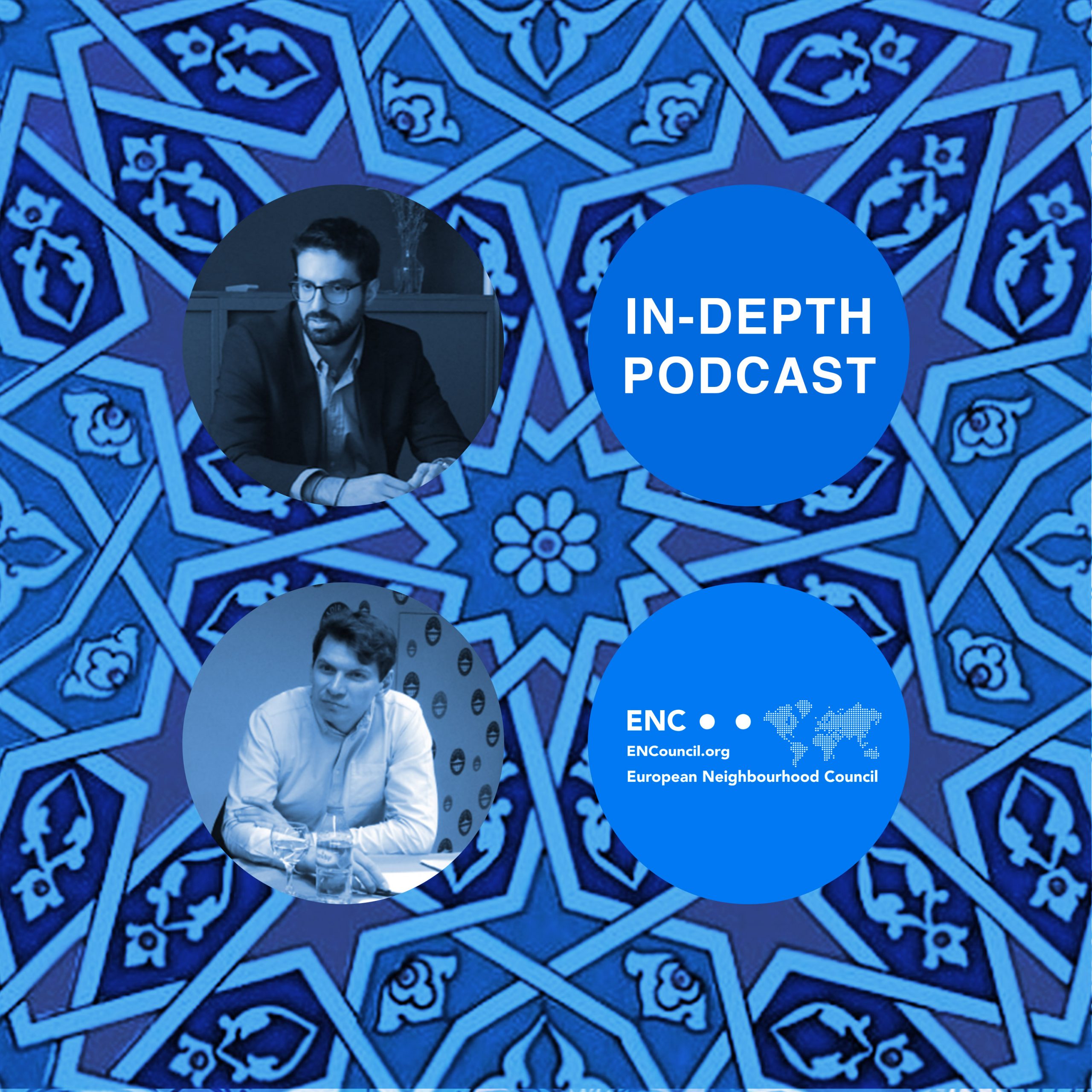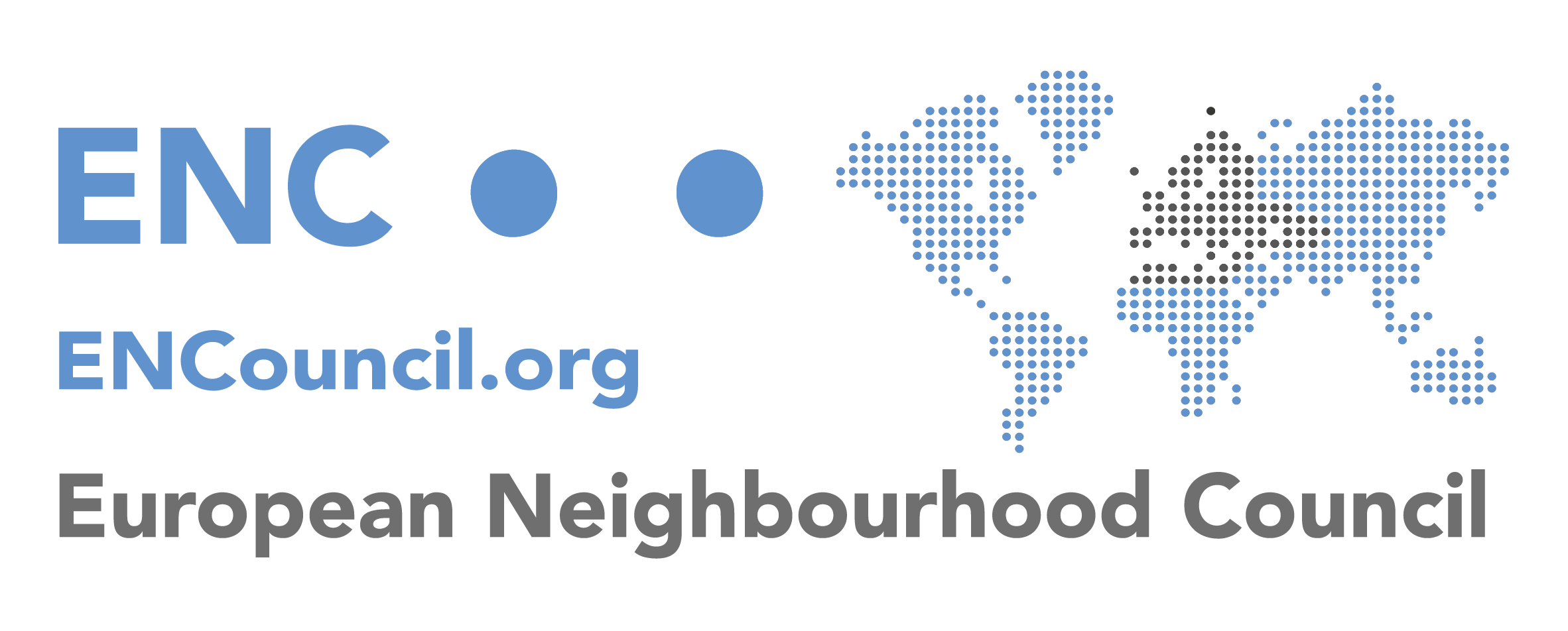
ENC In-Depth Podcast Series: Security in Central Asia
The ENC In-Depth podcast series looks into security challenges in Central Asia from three different angles: the corruption-human security nexus, border disputes and enclaves and security challenges from Afghanistan. The three podcast discussions are part of the EU-Central Asia Monitoring (EUCAM) civil society writing and outreach online course, supported by the Open Society Foundations (OSF).
The discussions revolve around the role civil society organisation can play – if allowed – in addressing the security challenges while working together with other actors (local authorities and international donors and organisations).
The discussions were moderated by Andreas Marazis, ENC Head of Research for Eastern Europe & Central Asia, and feature the comments and insights of nine young and talented civil society representatives from Central Asia:
Civil Society Responses to Security Challenges in Central Asia from Afghanistan
- Dinara Abuova (Kazakhstan), Institute of World Economics & Politics
- Shynar Sarikenova (Kazakhstan), Rosa Luxemburg Foundation
- Murat Gandymov (Turkmenistan), University of Bremen
Border Disputes and Enclaves in Central Asia
- Zinatmo Mamadsalimova (Tajikistan), University of Central Asia
- Ikramidin Zhakypaliev (Kyrgyzstan), Global Shapers Community Bishkek Hub
- Dilshod Mirakilov (Uzbekistan), Doctors Without Borders
Corruption as a threat to human security: A case for civil society activity in promoting safety and women development
- Arina Efremova (Kyrgyzstan), Smart Zharan Association
- Kamila Yessenova (Kazakhstan), Central Asia Center for policy analysis
- Nozanin Homaidjonova (Tajikistan), National University of Tajikistan/NGO Shams
You can listen the in-depth interviews here:
Civil Society Responses to Security Challenges in Central Asia from Afghanistan
Border Disputes and Enclaves in Central Asia
Corruption as a threat to human security: A case for civil society activity in promoting safety and women development

